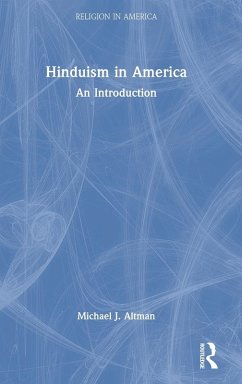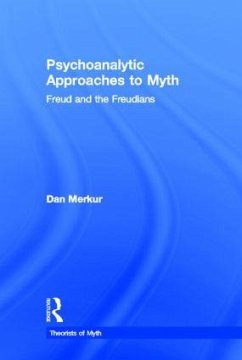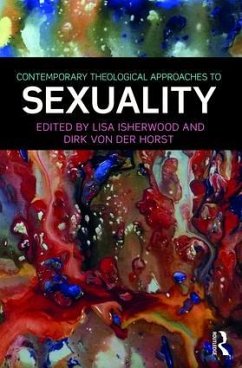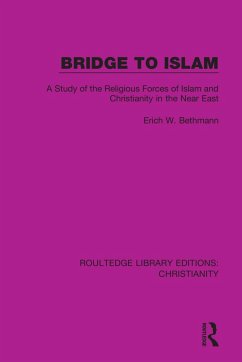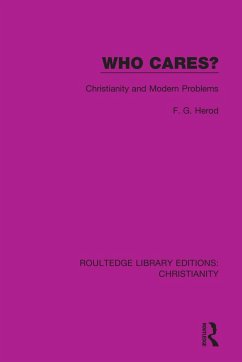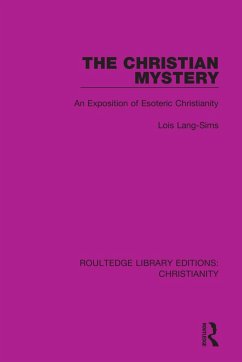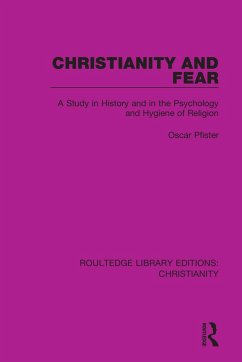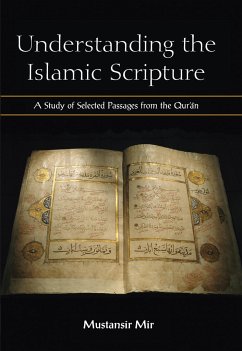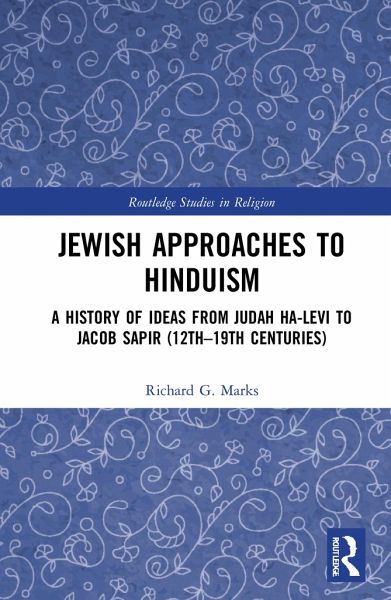
Jewish Approaches to Hinduism
A History of Ideas from Judah Ha-Levi to Jacob Sapir (12th-19th centuries)
Versandkostenfrei!
Versandfertig in 1-2 Wochen
167,99 €
inkl. MwSt.
Weitere Ausgaben:

PAYBACK Punkte
84 °P sammeln!
This book explores past expressions of the Jewish interest in Hinduism in order to learn what Hinduism has meant to Jews living mainly in the 12th through the 19th centuries. India and Hinduism, though never at the center of Jewish thought, claim a place in its history, in the picture Jews held of the wider world, of other religions and other human beings. Each chapter focuses on a specific author or text and examines the literary context as well as the cultural context, within and outside Jewish society, that provided images and ideas about India and its religions. Overall the volume construc...
This book explores past expressions of the Jewish interest in Hinduism in order to learn what Hinduism has meant to Jews living mainly in the 12th through the 19th centuries. India and Hinduism, though never at the center of Jewish thought, claim a place in its history, in the picture Jews held of the wider world, of other religions and other human beings. Each chapter focuses on a specific author or text and examines the literary context as well as the cultural context, within and outside Jewish society, that provided images and ideas about India and its religions. Overall the volume constructs a history of ideas that changed over time with different writers in different settings. It will be especially relevant to scholars interested in Jewish thought, comparative religion, interreligious dialogue, and intellectual history.




